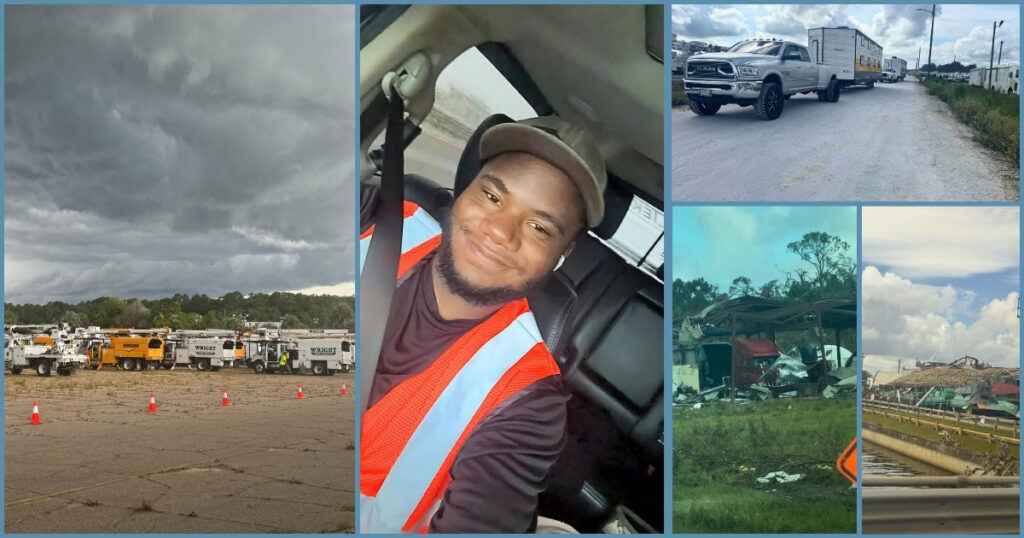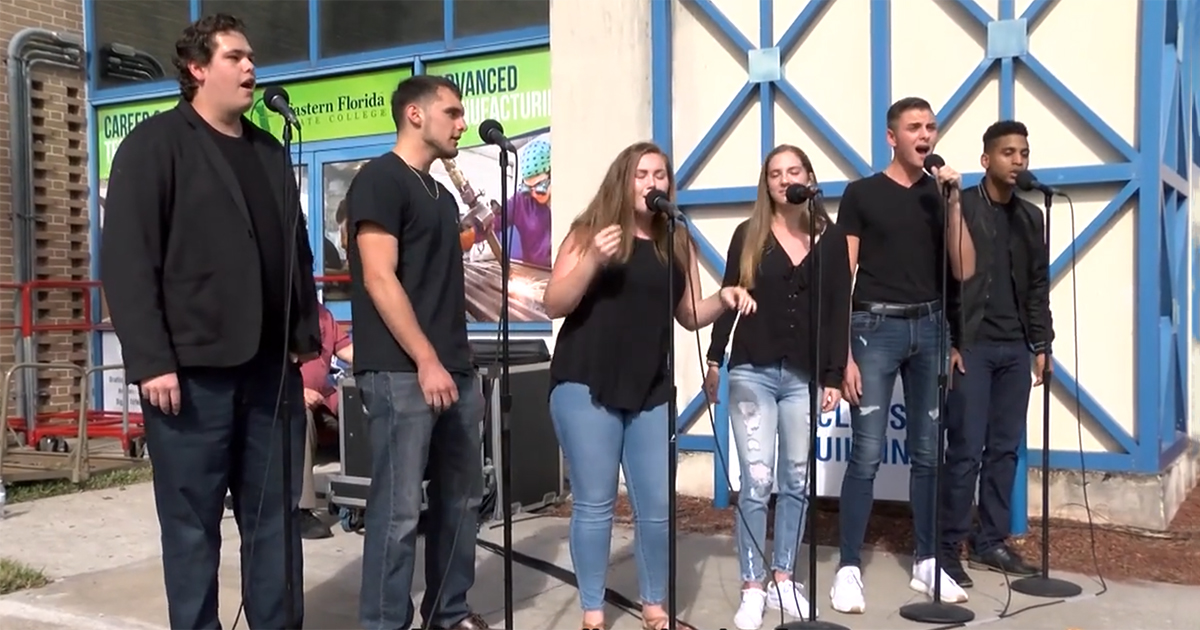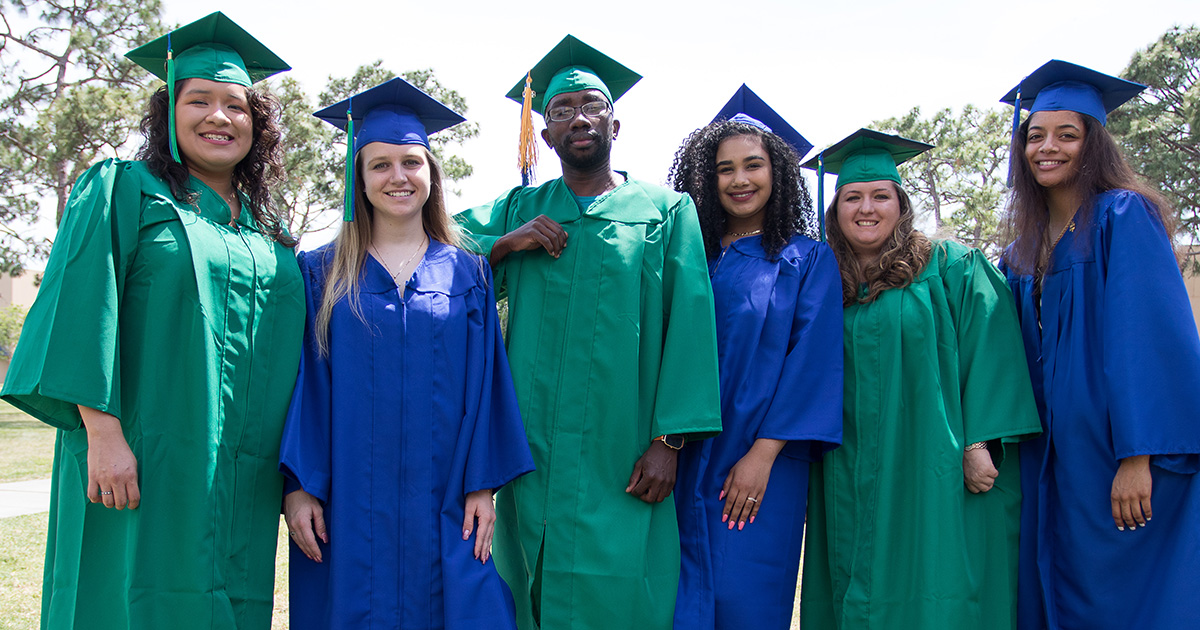Elijah Mosby was sitting in his truck, preparing to go to class at Eastern Florida State College (EFSC), when he received an emergency call from his employer, Recovery Logistics (RLI).
“They really needed people to take trailers of rescue equipment and resources up to Asheville, North Carolina,” Elijah said. “So once I got out of class, I drove home, got what I needed, then drove over 16 hours towing a trailer through the mountains.”
Elijah, a student who works in telecommunications and disaster relief, says Hurricane Helene led to his first time leaving the state for a job.
“Not knowing what I was getting into was nerve-wracking,” he narrated. “I was driving a trailer in pitch black dark in the mountains, couldn’t U-turn, saw mudslide spots across the highway…”
Despite the challenges, Elijah safely arrived at the designated drop-off point, where he delivered tools, supplies, aids, and equipment to help support rescue workers in their mission to save lives.
“I saw tanker trucks full of drinking water, military vehicles delivering fuel tanks, medical people coming together, helping. I’d never seen anything like it in my life.”
He described the entire experience as “surreal,” especially after getting back home and logging onto social media.
“I went on TikTok and saw where I’d been,” he said. “It made my whole drive there and everything I did in disaster relief feel ‘real.’ I realized how good things are here in Florida, how much we have to be grateful for. I had a different perspective on things after that.”
Elijah balances his career in disaster relief with being a full-time student at EFSC. He’s currently completing an A.A. degree with a pathway to Business Administration and Management.
“It’s hard, but I try to find a balance. I try to look at deadlines and finish most of the work. There’s been times I sat in my truck, stayed up late, or used my work breaks to get schoolwork done.”
Elijah has the motivation to persevere, thanks to his post-education business dream.
“I want to own a diesel performance shop. That’s one career goal I’m working hard to achieve.”
He’s getting great hands-on experience by also playing a critical role in disaster-relief telecommunications, repairing generators that power cell towers in impacted areas.
“It doesn’t matter if it’s raining or the sun’s out, I get called to go make sure those generators are running and communication goes through,” he explained. “If cell towers don’t have power, people can’t reach first responders and vice versa. Families can’t communicate with each other. I make sure that the generators are running because they save lives.”
He shares his experience with other students, hoping it will inspire them to strive for their own goals, despite difficulties.
“Do what makes you feel happy, capable, and comfortable, because there are times when it’s not easy, but you’ll have to keep going,” he said.
“Some of these storms really take a toll on me. There’s no 9 to 5 in this job, no schedule, no weekends. But it’s worth it because I get to help people who are in need. In North Carolina, I saw people who have nothing — and still have nothing — and first responders go help those people. I can’t ever do everything, but the fact that I’m able to help in some way — big or small — really means a lot.”




